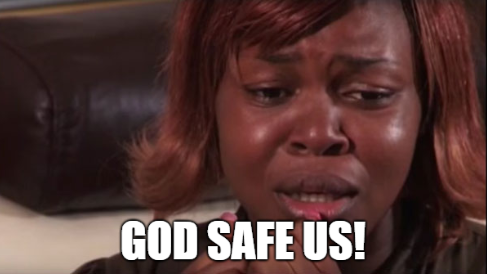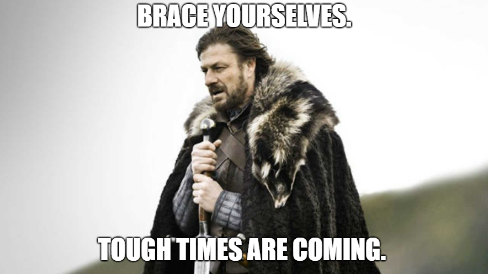
Is it just me or does it feel like Nigeria has been caught in a loop of “bracing for tough times” for like 3 decades now?
Remember when Isaac Newton said that whatever goes up must come down? Well, Isaac never encountered prices in Nigeria’s economy. The seemingly never-ending rise in prices of well…everything is due to the increases in Nigeria’s inflation rate, which has gone up once again.
From 11.28% in November 2018 to 11.44% in December 2018.
You guys, this is terrible news, but please try not to freak out. Here’s a gif of an enchanted waterfall to relax your nerves.

The National Bureau of Statistics (NBS) revealed this in its CPI and Inflation Report for December 2018, released on the 16th of January 2019. The report stated that with a 0.16% increase from the last recorded figure in November 2018, this is the highest inflation figure since June 2018.
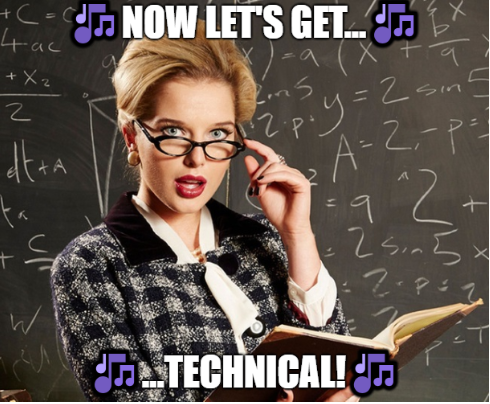
You see, inflation in Nigeria is measured using the changes in the Consumer Price Index (CPI) observed over a period of time. The CPI measures the change in the prices of certain goods and services consumed by households on a daily basis. These changes are monitored in urban and rural areas (urban and rural inflation rate) in all 36 states in the country.
The goods and services that are monitored are split into different categories and ranked in order of importance. Here’s a list:
According to experts, price increases in all these categories (a major contributor to the inflation rate) can be attributed to the spending habits of consumers during the 2018 festive period.
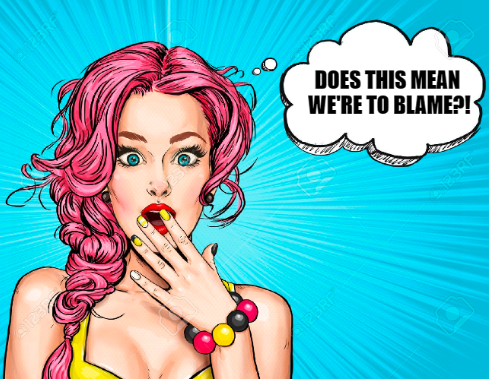
Kinda.
On a year-on-year basis, urban inflation rate increased to 11.73% in December 2018 from 11.61% recorded in November of the same year, while rural inflation rate increased to 11.18% in December 2018 from 10.99% in November 2018.
On a month-on-month basis, the report said urban inflation rate by 0.76% in December, down by 0.07% from 0.83% in November, while the rural inflation rate also rose by 0.72% in December, down by 0.06% per cent from the rate recorded in November, which was 0.78%.
What does this mean for us? Well, in a nutshell:
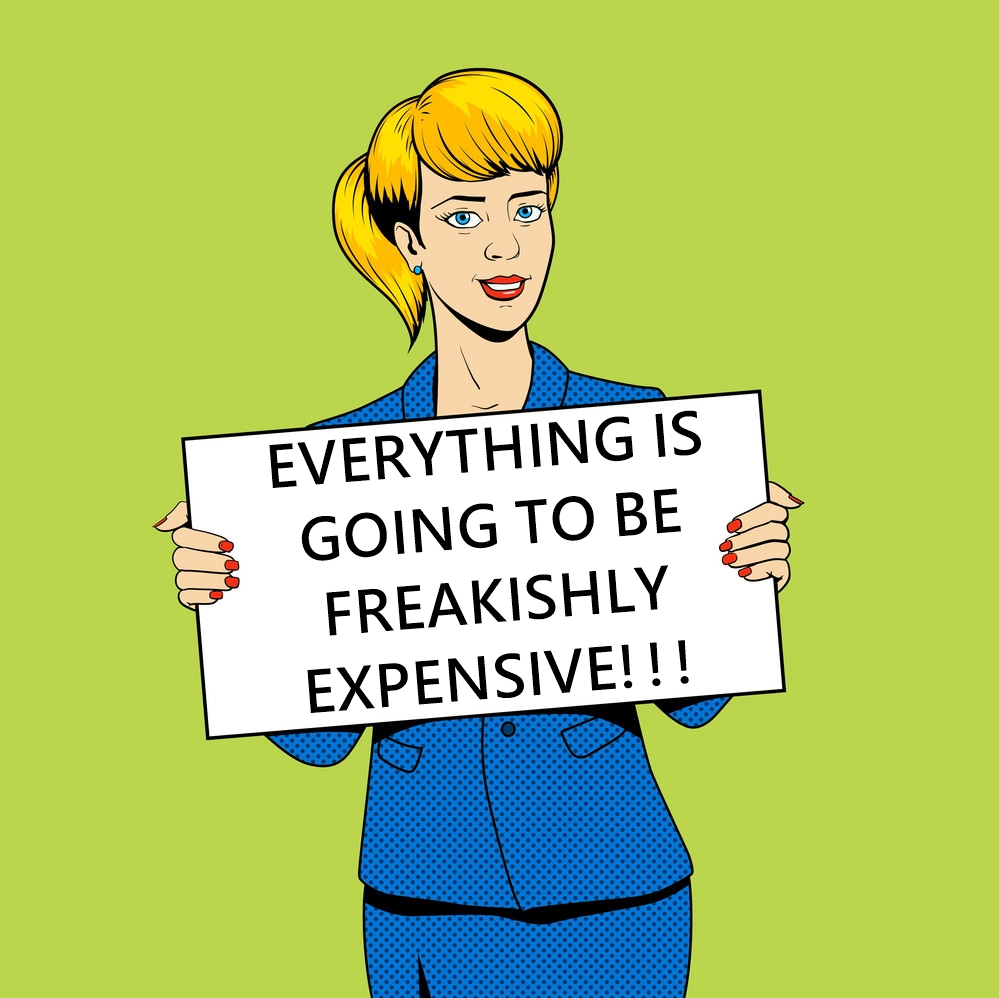
And to make things worse, it’s most likely going to last for a big chunk of 2019 due to the following reasons:
– Spending by political hopefuls during the elections. – High levels of insecurity in food-producing states. – Expectations of a higher minimum wage. – Movement of the Naira through the foreign exchange market. – A possible hike in electricity tariffs.
On top of all that, the World Bank hinted a while back that there might be a possible increase in food prices in 2019 due to terrible weather conditions.
WHO DID WE OFFEND?!
